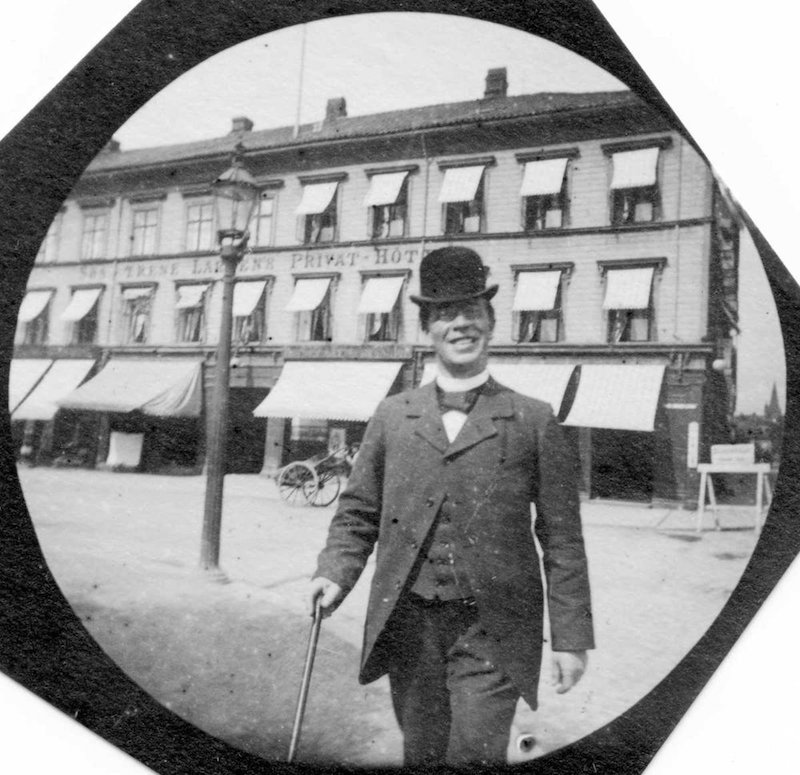Originally posted by NickFitz
View Post
On this week's lot: I've bored everyone tulipless with tales of the changes in the semiconductor industry over the last 40 years, the current devices using current densities that were originally used to burn stuff in by detecting early failures, yes those conductors really are so narrow you can count the atoms and the gate oxide thickness likewise.
No wonder there's a spread in device performance.
I wonder if the alien visitors really left TMA-1 on the moon & we're still too stupid to have found it.













Leave a comment: